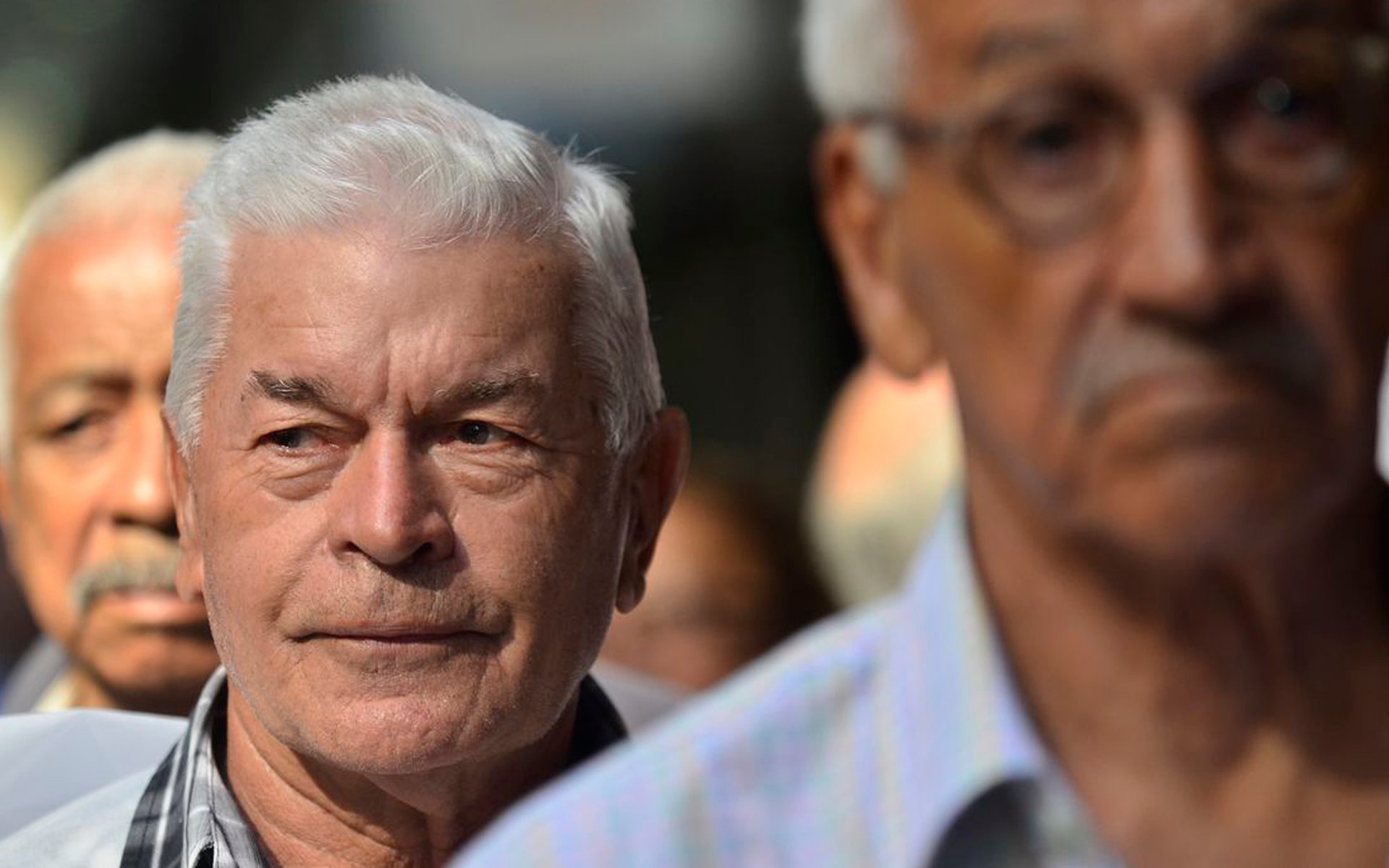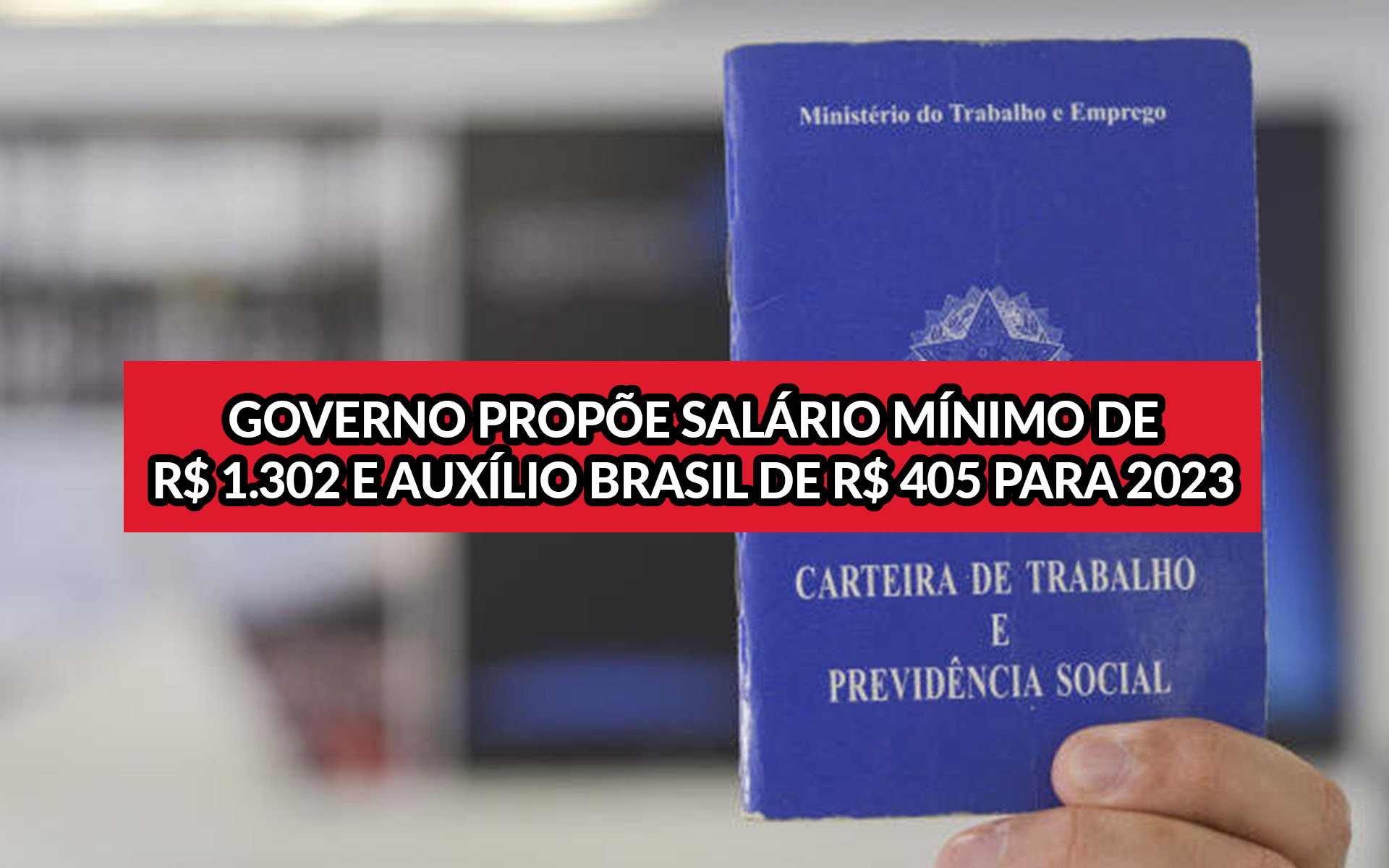Uncategorized
PEC 31/22 by José Serra could be an alternative to the Transition PEC; Understand
Senator José Serra (PSDB-SP) presented in the Senate an alternative PEC to the Transition PEC (PEC 32) proposed by the new government.
Advertisement
Senator José Serra (PSDB-SP) presented in the Senate an alternative PEC to the Transition PEC (PEC 32) proposed by the new government. The new Constitutional Amendment is PEC 31/2022, which would open up R$ 100 billion in extraordinary credits to fund income transfer programs such as the Bolsa Família and Vale-Gás programs.
According to the text, the Executive would have six months to present to the National Congress a proposal for a debt limit, called a “fiscal anchor” to replace the spending ceiling.
The proposal already has the 27 signatures required by the Internal Regulations of the Senate and will also be analyzed by the CCJ (Constitutional and Judiciary Commission) in the same way as the Transition PEC. For Serra, the proposal can be used as an alternative to PEC 32 proposed by senator Marcelo Castro (MDB-PI) last Monday (28) and which is already in the CCJ.
Transition PEC
Marcelo Castro's Transition PEC is part of the proposals of the recently elected government of Luiz Inácio Lula da Silva. The text removes Bolsa Família from the Executive's spending ceiling and allows the use of R$ 198 billion in credit to finance the program between 2023 and 2026.
Of the total, R$ 175 would be directed towards the payment of R$ 600 in social benefits for January, in addition to the additional R$ 150 for children up to 6 years old, as promised in Lula's campaign.
PEC 31/22 by José Serra
Serra's proposal provides for an extraordinary credit of R$ 100 billion for income transfer programs to be defined by a new fiscal anchor. Serra published on a social network:
"Time is short. The new government could count on our PEC and base it on the CCJ. The PEC is already officially underway and its potential rapporteur would have enough time to reach a consensus on the text. The country can benefit greatly from our proposal, as it deals with fiscal and social responsibility.”
For the parliamentarian, PEC 31/2022 has its “positive points”, as the Fiscal Responsibility Law would already be ready to receive the debt limits proposed by the Executive, with all account adjustments and control mechanisms through the Court of Union Accounts.
Furthermore, the PEC would place the Fiscal Responsibility Law in “a full operational mode”. The debt limits that anchor the tax regime regulated therein have not yet been approved. This new structure would present the virtues of a more adequate tax regime”, stated the parliamentarian.
See more:
About the author / Tiago Menger
Trending Topics

End of Pension Reform? See what Lula says about granting retirement
Luís Inácio Lula da Silva, president elected last Sunday (30), will have to face many economic challenges from January 2023 onwards. Among them, the possible review of the Social Security reform.
Keep Reading
Stations do not reduce fuel prices and Government launches channel to report prices
Senacon, linked to the Ministry of Justice and Public Security, announced the launch of a channel dedicated to complaints about fuel prices across Brazil.
Keep Reading
New Bolsa Família of R$ 1,062? Understand possible new value of the BENEFIT
The Federal Government announced a new Bolsa Família that could reach R$ 1062.00. Check information about the increase
Keep ReadingYou may also like

Income Tax 2023: Find out how to consult and who can receive the 1st batch of refund
According to the Federal Revenue, consultation of the 1st batch of Income Tax refunds in 2023 will be available until May 24th. Look.
Keep Reading
Caixa distributes almost 1 million new Auxílio Brasil cards in October
In June this year, Caixa signed an agreement with the Federal Government's Ministry of Citizenship to issue new Auxílio Brasil debit cards.
Keep Reading